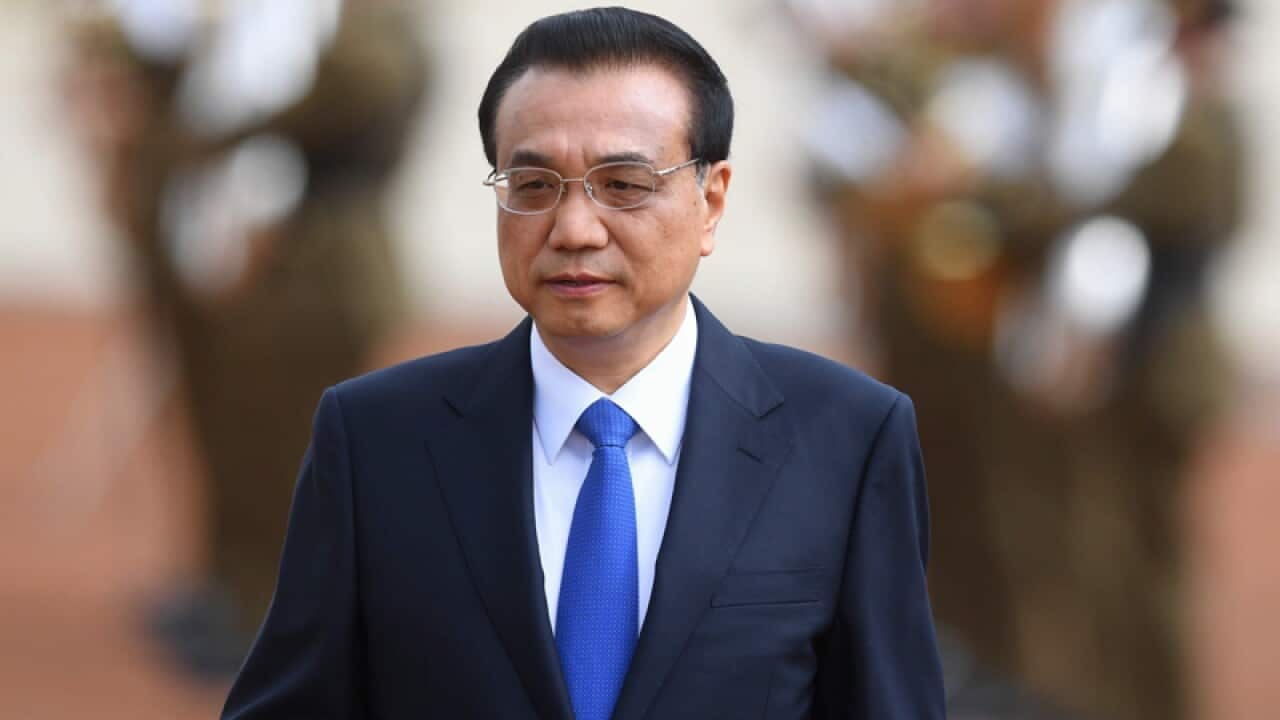Prime Minister Malcolm Turnbull has praised the wide trading relationship between Australia and China but says the "reliable, valuable and trusted" partnership can be further improved.
China's second most powerful leader, Li Keqiang, is in Australia for bilateral talks and on Friday he attended a series of forums for state and territory leaders and business figures where Mr Turnbull spoke of the increasingly diverse trade relationship.
"The doors of these markets - of our markets to each other - have been opened wider than in any time in our history but we can and will do more," Mr Turnbull told the leaders' forum in Sydney.
Also announced was an agreement that will see chilled meat market access in China expand from 11 firms to 36, encompassing all eligible Australian exporters.
Mr Turnbull said the deal would give Australia unprecedented access.
"Australia is the only country in the world with this market access," he said.
"This new agreement will drive significant future growth."
Australian beef exports to China are already worth $600 million a year.
Agriculture Minister Barnaby Joyce described the deal as a win for both Australia and China.
"This goes on top of the $10 billion of agricultural trade that we do to China already a year, and the $150 billion that is between our two nations right now a year," he said.
“We’re making sure that we get a better return back through the farm gate for Australian farmers."
Mr Joyce also revealed donkey meat and skins would make up part of the bilateral trade.
“I know it’s a not a big seller in Australian restaurants, I get that. But it is a big seller in China," he said.
"We're going to make sure that if you want to eat edible donkey skins then you're going to be eating our edible donkey skins."
A petition calling on the government to not allow the live export of Australian wild donkeys to China has already garnered more than 5,000 signatures.
It says despite beliefs around the high number of donkeys roaming the Northern Territory, this is not true, and the trade could push the population to extinction.
According to the , donkeys were introduced to Australia in 1866, and the animals now pose a serious environmental threat.
“Feral donkeys are common in the Katherine region of the Northern Territory,” it said.
“It is estimated there are tens of thousands of feral donkeys in the arid zones of Central Australia, Western Australia and the Top End.”


